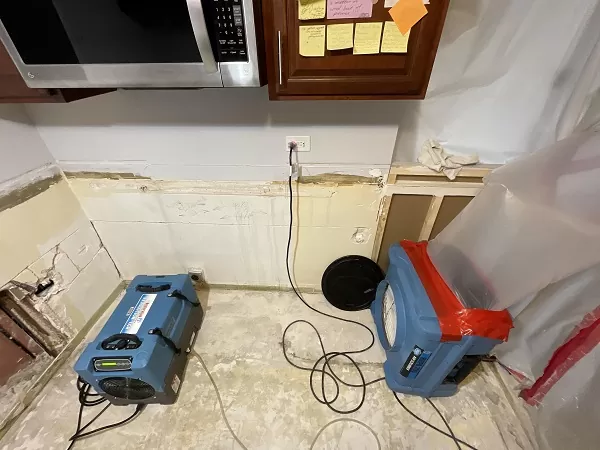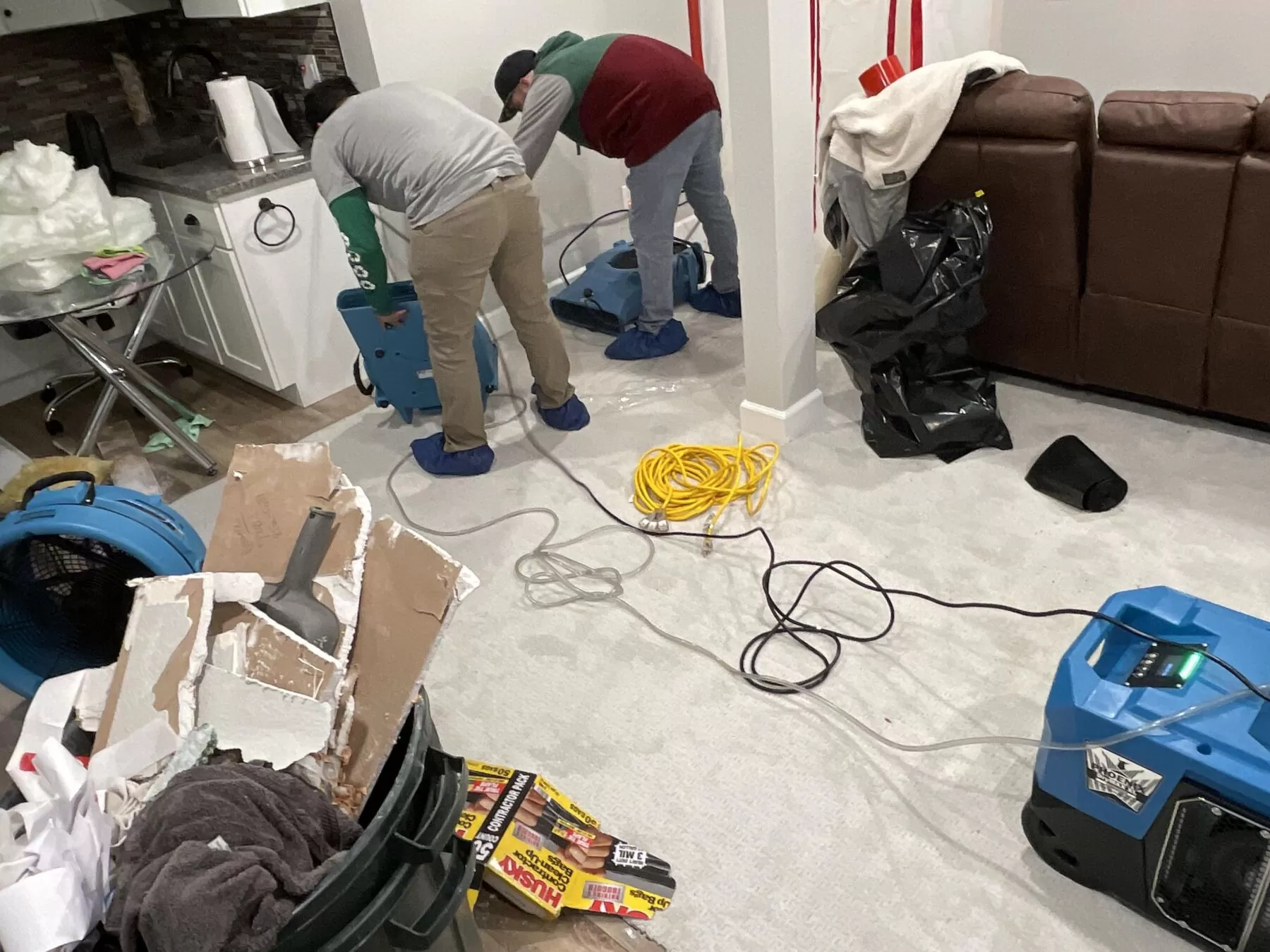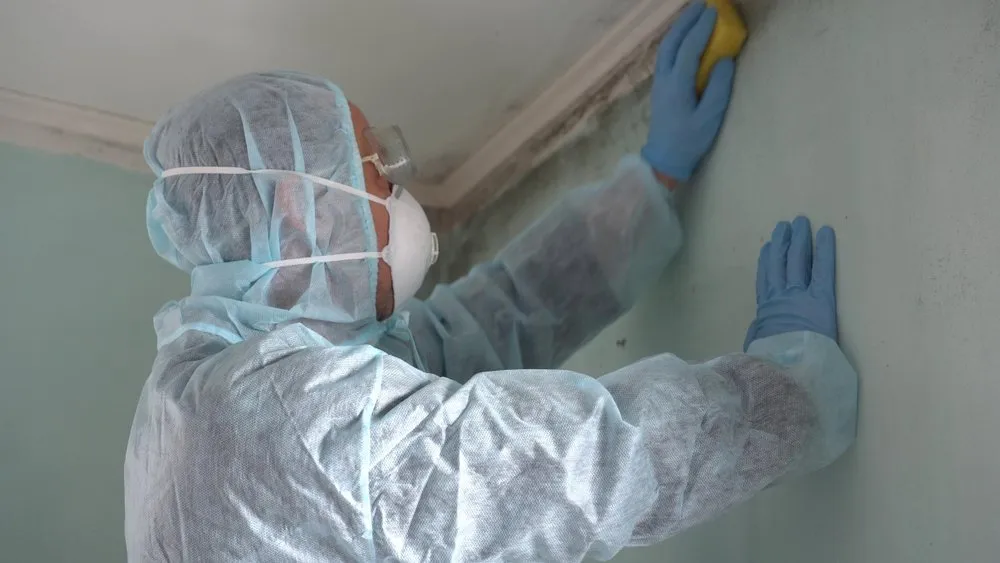24/7 Emergency Water Damage Cleanup & Removal
At Restoration 1 of Aurora, we specialize in fast, reliable water damage restoration services. Whether your home or business is dealing with a flooded basement, burst pipe, or appliance leak, our certified team is available 24/7 to clean up the damage and start the recovery process.
We use the latest in water extraction, drying technology, and moisture detection to ensure your property is fully restored. From frozen pipe water damage to toilet overflows and sump pump failures, no job is too big or small.
Full-Service Water Damage Cleanup in Aurora CO
Our water damage repair services include:
- Emergency water removal
- Structural drying and dehumidification
- Basement water damage restoration
- Burst and leaking pipe cleanup
- Appliance and sewage backup cleanup
- Frozen pipe water damage repair
We create a custom restoration plan for each situation, starting with a full inspection and damage assessment.
Mold Removal & Remediation in Aurora CO
Mold often follows water damage—and it can pose serious health and structural risks. Restoration 1 offers expert mold removal in Aurora, including:
- Black mold remediation
- Mold detection and testing
- Mold cleanup in basements, crawlspaces, walls, and ceilings
- Air filtration and containment to prevent mold spread
Our goal is to leave your home clean, safe, and mold-free.
Sewage Cleanup Services
Sewage backups require immediate attention. Our team is trained to handle hazardous waste safely, using PPE and hospital-grade disinfectants to sanitize affected areas and eliminate dangerous bacteria.
Frozen Pipe and Burst Pipe Cleanup in Aurora CO
During cold Colorado winters, frozen pipes can burst, flooding your home. We respond quickly to shut off the water, remove standing water, dry the area, and repair pipe damage.
Basement Water Damage Repair
Basements in Aurora are especially prone to water damage from leaks, humidity, or flooding. We locate the source, dry the area thoroughly, and apply treatments to prevent mold growth and structural damage.
Fire and Smoke Damage Cleanup
Fire damage restoration includes smoke odor removal, soot cleanup, structural repairs, and restoring salvageable contents. We help you recover quickly after a fire.
Contents Restoration Services
When disaster strikes, we help restore your belongings too. Our services include:
- Contents cleaning and deodorization
- Furniture restoration
- Smoke residue and odor removal
- Pack-out and secure storage
Additional Services
Restoration 1 is here to support property owners with a variety of cleanup tasks, including:
- Contents Restoration
- Asbestos Mitigation
- Crawlspace Encapsulation
- Crime Scene & Trauma Cleanup
- Remodeling
- Hoarding Cleanup Services
- Sump Pump Cleanup
For those owning residential or commercial properties in Aurora, consider Restoration 1 as your primary contact for any disaster recovery needs. Our operations run 24/7, so do not hesitate to reach out at the first sign of trouble.
Why Choose Restoration 1 of Aurora?
- Certified, trained technicians
- 24/7 emergency response
- Fast water extraction and drying
- Mold, fire, and sewage damage cleanup
- Full-service restoration under one roof
A Dependable Ally in Aurora Water Damage Restoration
Choosing Restoration 1 as your partner guarantees a commitment to bringing your property back to its condition before the damage occurred. We prioritize quality, speed, and client satisfaction, ensuring a seamless and hassle-free restoration experience. Whether you require water damage services or a mold expert for your premises, Restoration 1 stands as your trusted and skilled option for all restoration requirements.
We provide services throughout Aurora CO, covering zip codes 80010, 80011, 80012, 80013, 80014, 80015, 80016, and 80017.
Restoration 1 Serving Aurora, CO
- 24-Hour Emergency Service
- Certified and Highly Trained Restoration Experts
- Eco Friendly Service
- Prompt Damage Assessment and Pretesting
Hours of Operation
| Sunday | 24 Hours |
|---|---|
| Monday | 24 Hours |
| Tuesday | 24 Hours |
| Wednesday | 24 Hours |
| Thursday | 24 Hours |
| Friday | 24 Hours |



Why Choose Restoration 1?
- High Service Standards
- 24/7 Response Time
- We Guarantee The Use Of The Most Current Code Standards
- Certified Experts
- We Live In Your Community
- We Have Experience Dealing With All Insurance Companies
- Emergency Services
- We Consider You Part Of Our Family
- Pride In Meeting Your Restoration Deadlines


